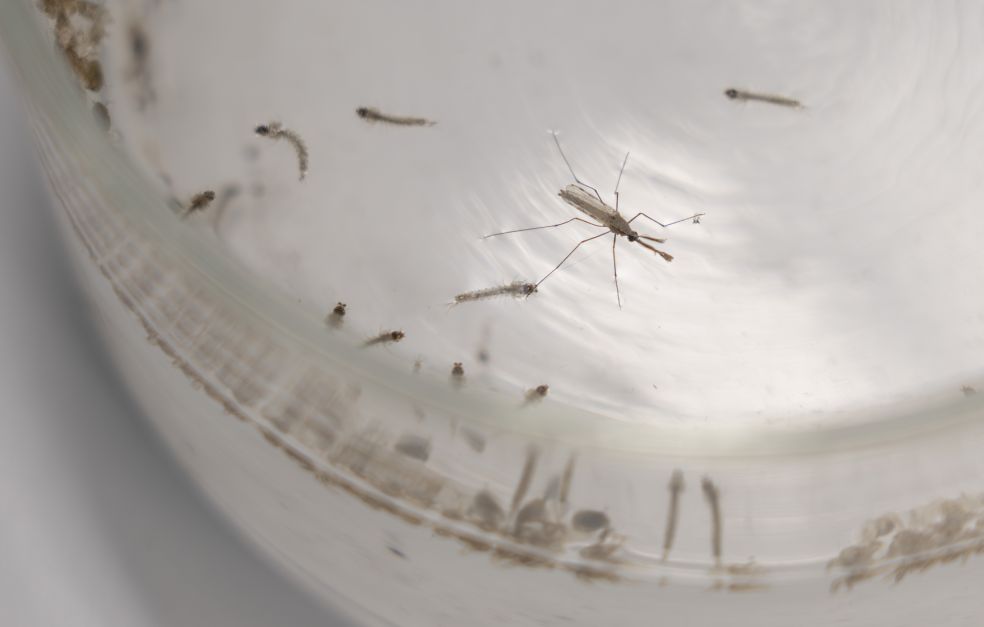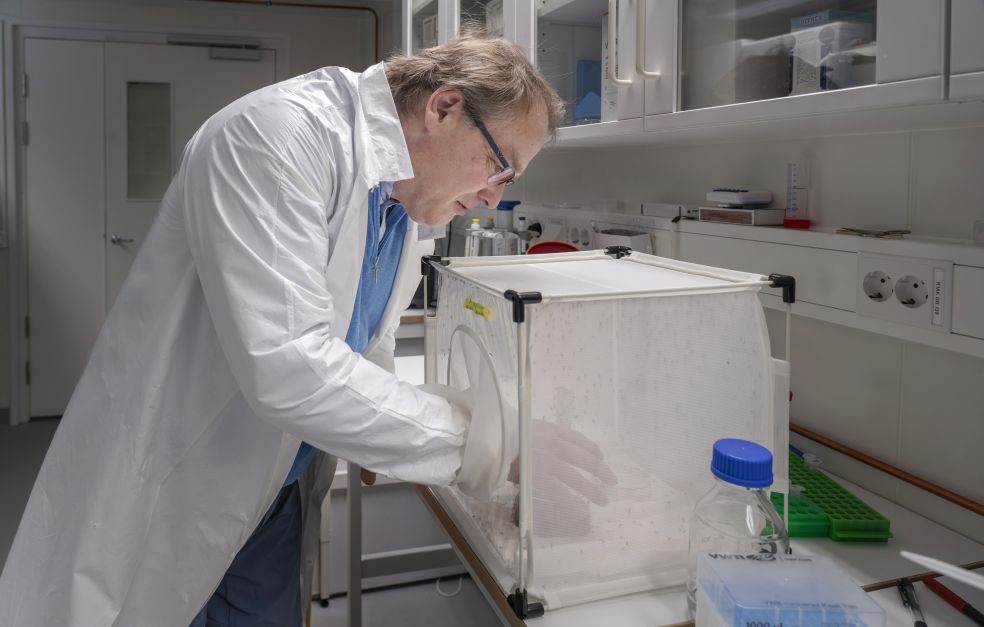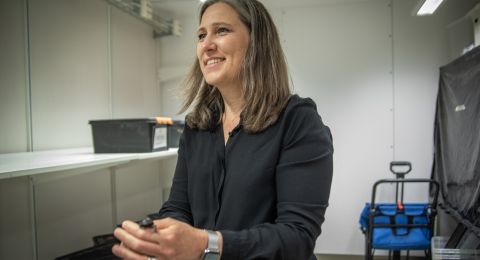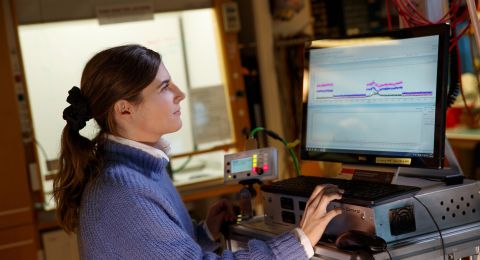Every minute a child dies of malaria somewhere in the world. This is a statistic that Professor Oliver Billker of Umeå University is determined to change. As a Wallenberg Scholar, he is heading a groundbreaking research project on the malaria parasite and its complex interaction with the mosquitoes that spread it.
Oliver Billker
Professor of Molecular Biology
Wallenberg Scholar
Institution:
Umeå University
Research field:
Understanding the genetics of malarial parasites and how they interact with the mosquitoes that spread them
Malaria is caused by a parasite called Plasmodium, which is passed on to humans by infected mosquitoes. Despite decades of research, the disease continues to claim hundreds of thousands of lives every year. Half a million children die of malaria each year in Africa alone. Drug resistance in humans and mosquitoes that are resistant to repellents and insecticides pose additional obstacles in the fight against malaria.
“Malaria is an extremely complex disease. To fight it, we have to understand the molecular workings of the parasite and find its vulnerabilities,” says Billker, who is a professor at the Department of Molecular Biology at Umeå University.
Focusing on the life cycle of the parasite
Billker’s research aims to map the life cycle of the malaria parasite, which is both complicated and fascinating. The parasite shifts from one host and habitat to another multiple times – from the mosquito’s stomach to human blood, adapting swiftly to each new situation. A key element of the project is to understand the molecular processes that enable the parasite to reproduce in mosquitoes.
“We know a lot about how the parasite causes disease in humans, but less about how it survives and spreads via mosquitoes. But we have identified a number of genes that are essential for the parasite’s survival and reproduction. We may be able to prevent spread of the disease by focusing on those genes,” he says.
Billker’s team is studying hundreds of parasite and mosquito genes simultaneously using advanced genetic tools based on the gene editing technique developed by Nobel laureate Emmanuelle Charpentier in Umeå. They hope to identify key genes that control spread of the parasite and find new ways of halting the disease.
The researchers are also breeding mosquitoes at a special facility in Umeå, where they can infect them with a mouse malarial parasite that is not infectious to humans. This ensures they can work safely.
“In large-scale experiments we often infect thousands of mosquitoes and dissect their infected intestines and salivary glands. We have developed methods to inactivate specific genes and analyze their importance. It’s like exploring an engine by turning off individual parts to see what stops working,” explains Billker, adding:
“We’re examining the features of the mosquito that either help or hinder spread of parasites. We intend to ascertain how the parasite and mosquito interact by competing for food, for example, in the hope of finding new ways of predicting and reducing spread of malaria in areas where the disease is common.”
International collaboration
Billker stresses the importance of global collaborations. His team is working with researchers across the world, from laboratories in Europe to field studies in areas where Malaria is endemic.
“It’s interesting to see firsthand the impact malaria has on people’s lives in villages in areas with high rates of infection. It’s also impressive to observe the skill of my colleagues in Africa, how they carry out field studies or conduct cutting edge molecular analysis, often under challenging circumstances. Working with researchers in endemic countries provides an invaluable perspective.”
Focusing on the parasite inside the mosquito is especially promising. The fact there are fewer parasites in mosquitoes than in humans also reduces the risk of the parasite developing resistance.
Billker has a fascination for understanding how things work. When he realizes in his research that he understands something no one else has seen he says it is an extraordinary feeling.
“Sharing such moments as a team is even more gratifying. I also think it’s important to focus my curiosity on major diseases. The knowledge we produce will help fellow researchers to develop new therapeutics,” he says.
A vision for the future
The grant awarded by Knut and Alice Wallenberg Foundation gives Billker’s team long-term stability and the opportunity to engage in the complex research needed to beat malaria.
“The most important thing for us is to understand how the parasite and mosquito interact. If we can stop the parasite in the mosquito, before it reaches humans, we’ll have a powerful strategy to reduce spread of the disease,” says Billker.
He thinks that mosquito nets and repellents have been and still are highly effective tools to reduce the spread of malaria. New research also shows that mosquitoes can be treated with chemicals capable of eliminating the parasite.
It is also important to ascertain why certain species of mosquito can spread malaria, whereas others cannot. This assumes even greater relevance during a time of global warming and changes in mosquito populations.
But challenges notwithstanding, Billker is optimistic. His research is contributing not only new insights into malaria, but also tools and knowledge that can provide inspiration for new solutions the world over.
“It would be a fantastic victory for global health if one day we could say we helped to wipe out malaria,” he says.
Text Elin Olsson
Translation Maxwell Arding
Photo Johan Gunséus






